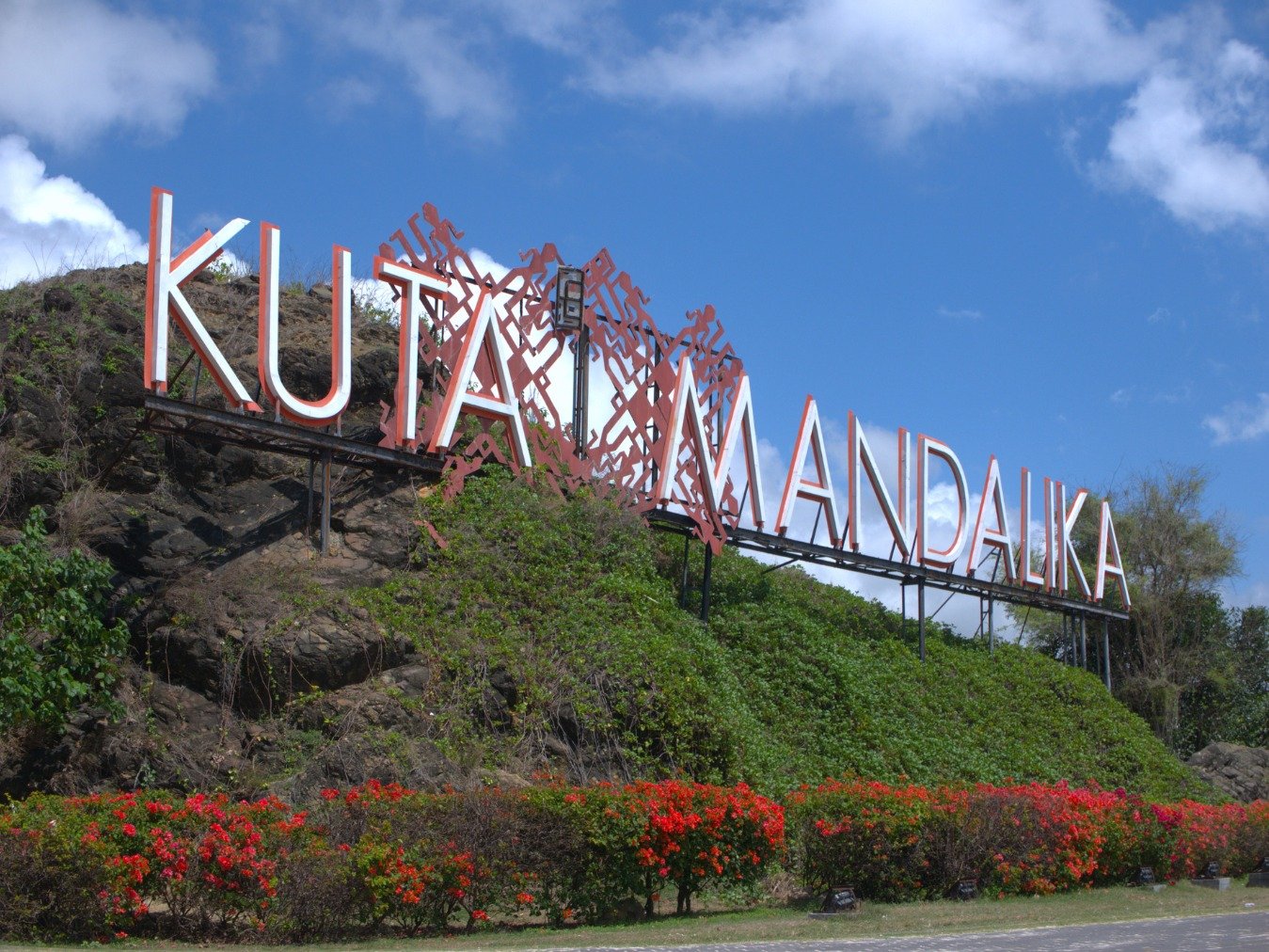Investment in Indonesia’s SEZs plays a critical role in driving the country’s economic growth, but it has yet to meet expectations. Despite the government’s efforts to create these zones, challenges persist, hindering their full potential.
To unlock the benefits, Indonesia must address infrastructure gaps, improve regulatory processes, and foster better synergy between stakeholders. The country has the opportunity to attract more investors, but it needs to act swiftly to overcome the obstacles that slow progress.
The Promise of SEZs in Indonesia
Investment in Indonesia’s SEZs has the potential to accelerate industrialization, attract foreign investments, and create thousands of jobs. Indonesia’s government established these zones to replicate the success seen in other countries like China, Vietnam, and Thailand.
As Coordinating Minister for Economic Affairs Airlangga Hartarto stated, “SEZs have become the main driver of growth in China, Vietnam, other ASEAN countries, and Thailand. So, I think it’s time for SEZs in Indonesia to maximize their opportunities. We don’t have much time, the target is 3-4 years. Therefore, we must take advantage of the geo-economic and geo-strategic benefits” as reported by DetikFinance.
These zones hold immense potential, but Indonesia must act quickly to maximize their effectiveness.
Key Challenges to Investment in Indonesia’s SEZs
Indonesia faces several challenges that hinder investment in Indonesia’s SEZs. Cited by Bisnis.com, Yusuf Rendy Manilet, Economist at the Center of Reform on Economics (CORE) Indonesia, emphasizes that “some SEZs are facing challenges such as limited transportation access, unstable electricity supply, and other supporting facilities that are not well integrated.”
These infrastructure gaps impede business operations and deter potential investors. Furthermore, complex regulations, slow bureaucratic processes, and unclear land ownership issues complicate the investment landscape.
In the tourism sector, Airlangga Hartarto noted that SEZs like Bangka Belitung need improved access, including regional flight connections. “The President has directed that regional flights must be opened because the location is very strategic,” he explained.
Other tourism hotspots, such as Labuan Bajo and Mandalika in Lombok, face similar challenges. Addressing these infrastructure gaps is essential for attracting more investment into Indonesia’s SEZs.
The Role of Policy and Government Support
The Indonesian government has taken significant steps to improve the operational efficiency of its Special Economic Zones (SEZs). Setya Bhakti Parikesit, Deputy for Economic Affairs at the Ministry of State Secretariat, mentioned that the government has inaugurated 24 SEZs and plans to add nine more in the near future.
To support these zones, the government is focused on creating a conducive investment ecosystem by offering a range of incentives. These include tax exemptions, duty-free imports, streamlined immigration processes, and simplified permits.
Beyond fiscal incentives, the government is working on reforming bureaucratic processes, improving regulations, and strengthening institutional frameworks. These efforts are aimed at fostering better collaboration between stakeholders and ensuring a smoother environment for both domestic and foreign investors.
By continuing to prioritize these reforms, the government is laying the foundation for SEZs to become major drivers of economic growth in Indonesia.
Unlocking the Potential of Indonesia’s SEZs
Investment in Indonesia’s SEZs faces considerable challenges, but the government’s efforts provide a pathway to overcoming them. With improved infrastructure, streamlined regulations, and continued fiscal incentives, Indonesia can make its SEZs more attractive to both local and international investors.
The government’s focus on creating a better investment climate, from transportation to institutional reforms, could unlock significant growth opportunities. However, it will require a sustained commitment from all stakeholders to address the remaining challenges.
If the government continues to prioritize these reforms, investment in Indonesia’s SEZs could drive long-term economic growth and make Indonesia a competitive player on the global stage.
Source: liputan6.com, finance.detik.com, bisnis.com
Image: kemenkeu.go.id


